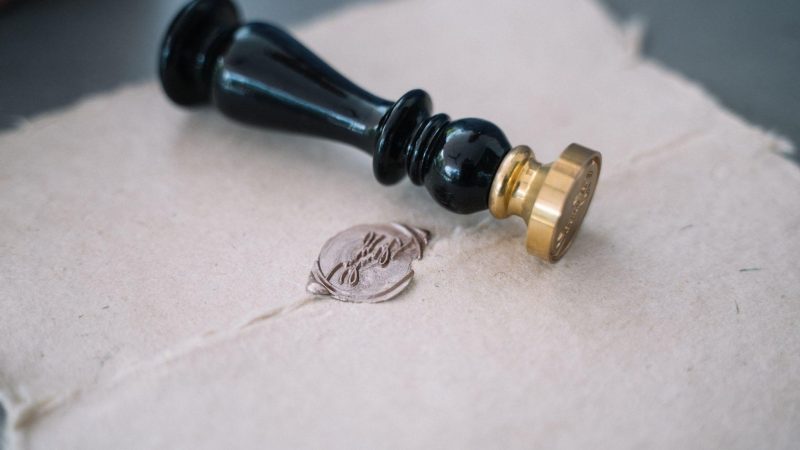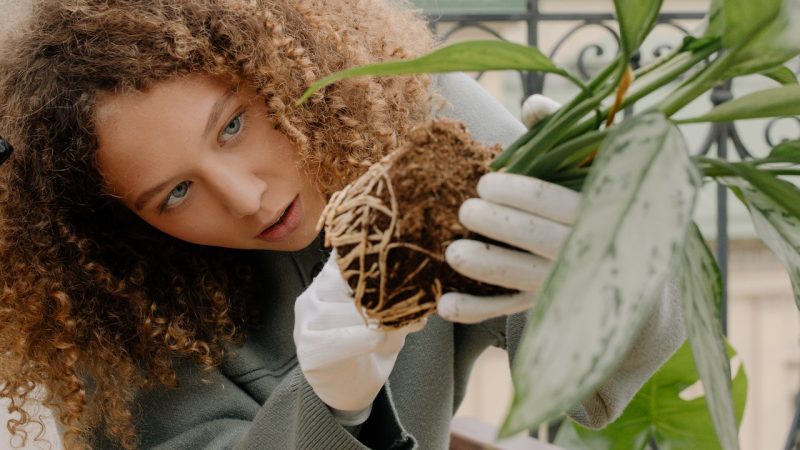How do mice get into Parisian apartments?

|
Getting your Trinity Audio player ready...
|
Mice are common pests in urban areas, and Paris is no exception. Parisian apartments are often invaded by these small rodents, which can cause property damage and spread diseases. But how do mice get into Parisian apartments? Understanding their behaviour can help in better preventing them.
Mice are excellent climbers and can easily scale walls, electrical wires, and pipes to access apartments. They can also squeeze through cracks or holes in walls or floors, often the size of a pencil.
Mice can climb walls using their claws to grip rough surfaces like brick or stucco. They can also climb electrical wires or pipes by using their tails for balance. Once they reach the roof, they can easily enter buildings through chimneys, ventilation ducts, or poorly sealed openings.
Mice are attracted to Parisian apartments by food, water, and warmth. They can feed on food crumbs, unsealed pet food, and even paper or fabric. Water leaks can also attract mice, as they need water to survive. Additionally, mice are drawn to warmth, especially during the winter months when temperatures are cooler.
Preventing mice from entering Parisian apartments is crucial. Seal all openings in walls and floors, fill cracks and holes in walls, seal doors and windows, and maintain rigorous hygiene to prevent mice from accessing food and water. It is also important to keep bins sealed and empty them regularly.
To prevent and control a mouse infestation in Parisian apartments, it is essential to take the following measures:
- Seal Openings:
- Inspect your apartment for any cracks, holes, or gaps in walls, floors, and around doors and windows.
- Use steel wool or caulking to seal these openings, paying special attention to areas around pipes and electrical wiring.
- Maintain Cleanliness:
- Keep your living space clean and free of food crumbs.
- Store food, including pet food, in sealed containers.
- Regularly dispose of garbage and keep bins tightly sealed.
- Eliminate Water Sources:
- Fix any leaks in your apartment, such as dripping taps or pipes.
- Ensure that sinks and bathtubs are dry when not in use.
- Remove Clutter:
- Reduce clutter in your home, especially in storage areas, as mice use these spaces for nesting.
- Keep storage areas tidy and avoid piling up newspapers, cardboard, or other materials that can be used for nests.
- Use Traps and Baits:
- Set up mouse traps or bait stations in areas where you have noticed mouse activity.
- Regularly check and maintain these traps, disposing of any captured mice promptly.
- Seal Entrances:
- Ensure that all doors and windows are properly sealed with weather stripping.
- Install door sweeps on exterior doors to prevent mice from entering.
- Monitor for Signs of Mice:
- Regularly inspect your apartment for signs of mouse activity, such as droppings, gnawed materials, or nests.
- If you notice any signs, take immediate action to address the problem.
- Professional Help:
- If you have a severe infestation or if DIY methods are not effective, contact a professional pest control service.
- Professionals can provide more comprehensive treatments and help ensure that the infestation is fully eradicated.
By following these measures, you can effectively prevent and manage a mouse infestation in your Parisian apartment, keeping your living space safe and hygienic.
If you suspect a mouse infestation in your Parisian apartment, it is important to take immediate action to eliminate them. Mice reproduce quickly and can rapidly invade a property. Professional treatments are often necessary to completely eliminate mice, as these rodents are resistant to common control methods.
By understanding mouse behaviour and taking measures to prevent their entry into Parisian apartments, you can protect your property and family from these invasive pests. If you think you have a mouse infestation, do not hesitate to contact a professional for help.






